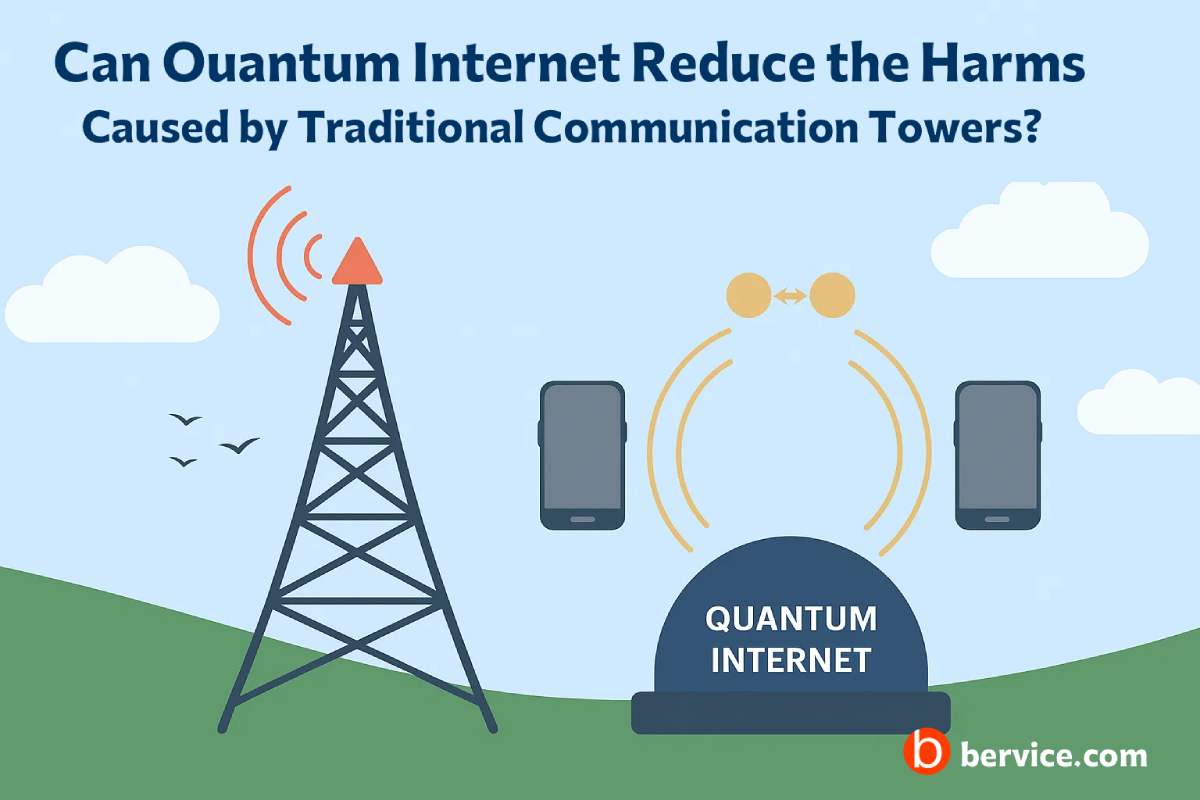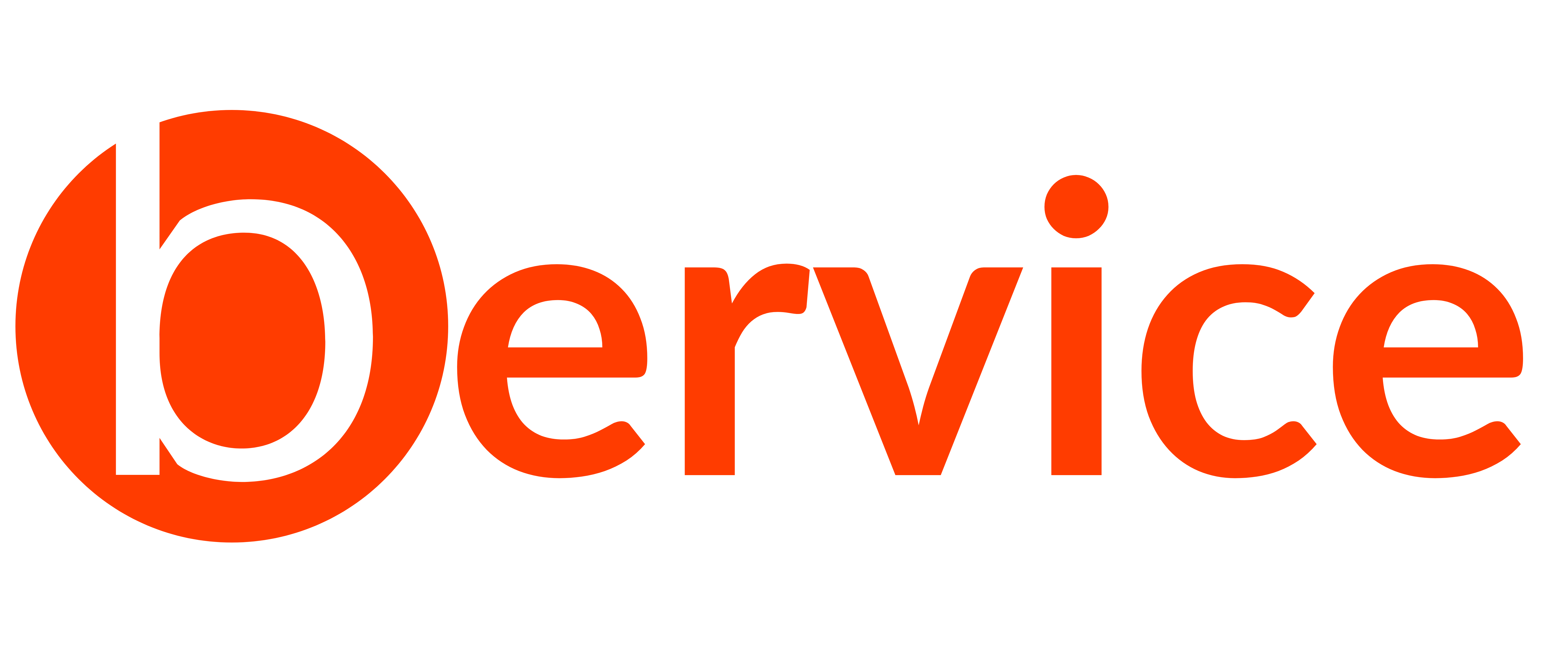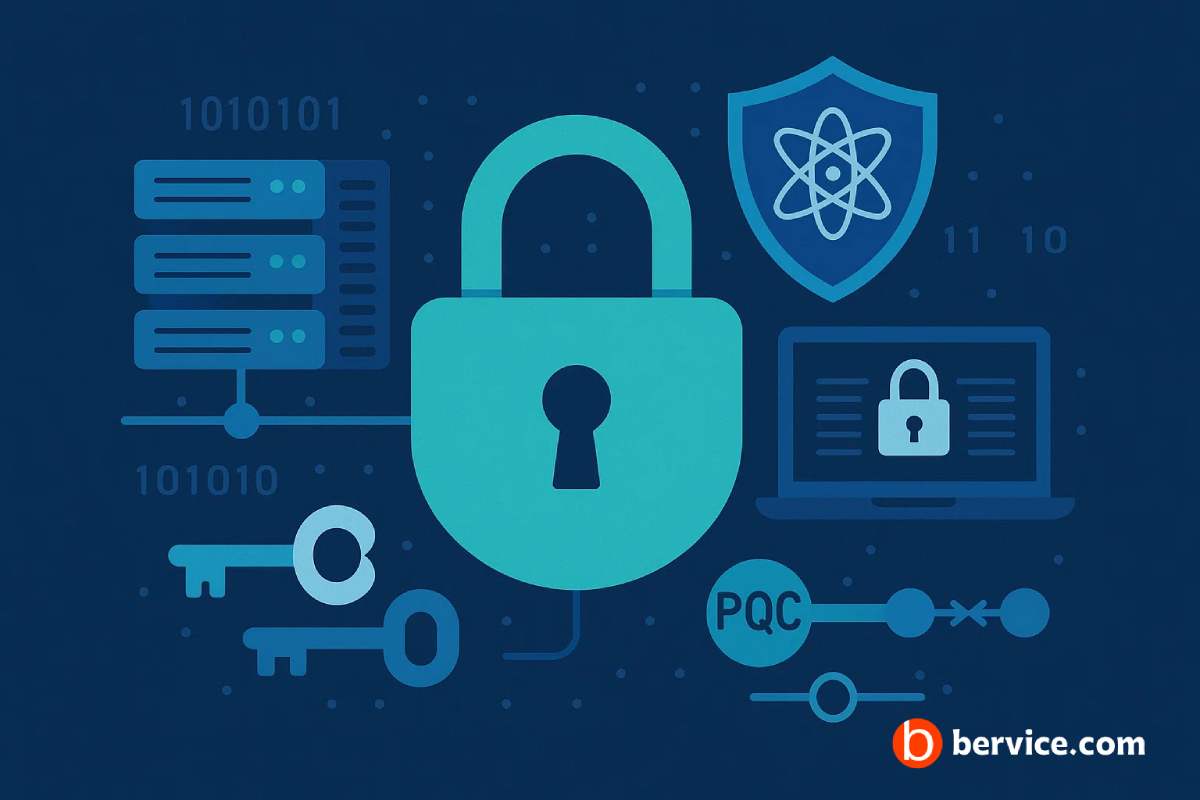
In today’s digital age, many companies have centralized systems where sensitive user data, such as personal details, financial information, and medical records, are stored. These centralized entities act as trusted custodians of sensitive data, but this structure presents a number of challenges and risks. The security, privacy, and ethical concerns surrounding centralized data storage have sparked debates and led to a growing demand for decentralized alternatives. Below are some of the key problems faced by centralized companies when storing important and sensitive user data.
1. Data Breaches and Cybersecurity Threats
One of the most significant risks faced by centralized companies is the potential for data breaches. A centralized data storage system typically holds vast amounts of user data in one place, making it a prime target for cybercriminals. If attackers gain access to these centralized databases, they can steal sensitive information, including passwords, financial details, and even personal health records.
The impact of a data breach can be devastating for users, leading to identity theft, financial fraud, and other forms of exploitation. For companies, the repercussions may include severe financial penalties, reputational damage, and loss of customer trust. High-profile breaches, such as those affecting major companies like Equifax, Facebook, and Capital One, highlight the vulnerabilities inherent in centralized data systems.
2. Lack of User Control and Ownership
In centralized data systems, users typically have very limited control over their personal data. Once a user shares their information with a company, that data is often stored indefinitely, and the user cannot easily access or remove it. This lack of control raises privacy concerns, as users may be unaware of how their data is being used or shared with third parties.
Furthermore, many centralized companies monetize user data, often without explicit consent or transparency. For instance, large tech companies may use data for targeted advertising, profiling, and even selling it to other businesses. This leads to questions about the ethical implications of profiting from user data without giving users the ability to truly own or manage their information.
3. Single Point of Failure
Centralized systems typically rely on a single or a small number of data centers, which can become a “single point of failure.” If these servers go down due to a technical issue, natural disaster, or cyberattack, users may lose access to their data, resulting in service outages. In some cases, sensitive data can be permanently lost if there are inadequate backup systems in place.
The centralization of data increases the vulnerability of the entire system to failure. A widespread outage or compromise can have catastrophic effects for millions of users, as seen in previous incidents like the Amazon Web Services (AWS) outages that disrupted services across multiple industries.
4. Privacy Violations and Data Misuse
Centralized companies often collect and store a significant amount of data about their users, including browsing habits, communication history, and purchase behavior. This data can be used for a variety of purposes, including personalized marketing, predictive analytics, and more. However, the collection of such extensive data also raises concerns about the potential for privacy violations.
For example, companies may share or sell user data with third parties without explicit consent, violating privacy rights. In some cases, data may be used to manipulate users or engage in unethical practices, such as exploiting vulnerabilities for profit or enabling surveillance.
The lack of transparency in how data is used further complicates the issue. Users may not fully understand the extent to which their data is being tracked, analyzed, or shared, which leads to a breach of trust between the company and its customers.
5. Regulatory Compliance and Legal Risks
Centralized companies that store sensitive user data must comply with a range of data protection regulations, such as the General Data Protection Regulation (GDPR) in the European Union and the California Consumer Privacy Act (CCPA) in the United States. These regulations require companies to handle user data responsibly and ensure that proper safeguards are in place to protect privacy.
However, navigating the complex landscape of global data protection laws can be challenging for companies, particularly those operating in multiple jurisdictions. Non-compliance with data protection regulations can result in hefty fines, legal action, and reputational harm. Companies must invest in robust data governance practices and systems to remain compliant, which can be costly and resource-intensive.
6. Data Centralization and Surveillance
Centralized data systems often enable government surveillance and corporate monitoring. Governments can request access to user data from companies for law enforcement or intelligence purposes, raising concerns about state-sponsored surveillance and the erosion of civil liberties.
In countries with weaker privacy protections, companies may be compelled to hand over user data without adequate safeguards or oversight. In some cases, companies themselves may engage in surveillance practices, collecting excessive data about users’ activities, preferences, and behaviors to build detailed profiles.
7. Scalability and Efficiency Issues
As a company grows, the volume of data it collects increases exponentially. This poses scalability challenges for centralized systems. Storing and managing vast amounts of sensitive data requires significant infrastructure, advanced security measures, and ongoing maintenance.
The costs associated with managing large-scale data centers, keeping them secure, and ensuring compliance with regulations can be substantial. In addition, as user data becomes more complex, maintaining the integrity and accuracy of that data becomes increasingly difficult. Inadequate handling of large datasets can lead to errors, inefficiencies, and even data corruption.
Conclusion
While centralized systems offer convenience and efficiency, they come with a host of challenges when it comes to storing sensitive user data. From data breaches and privacy violations to scalability issues and legal risks, companies must carefully consider the implications of centralized data storage. As users become more aware of these risks, there is an increasing demand for decentralized alternatives that offer greater control, transparency, and security over personal data.
The future of data storage may involve a shift towards more decentralized systems that give users greater autonomy over their data while reducing the risks associated with centralization. In the meantime, centralized companies must continue to invest in better security practices, comply with evolving regulations, and prioritize user privacy to maintain trust and safeguard sensitive information.
Connect with us : https://linktr.ee/bervice





